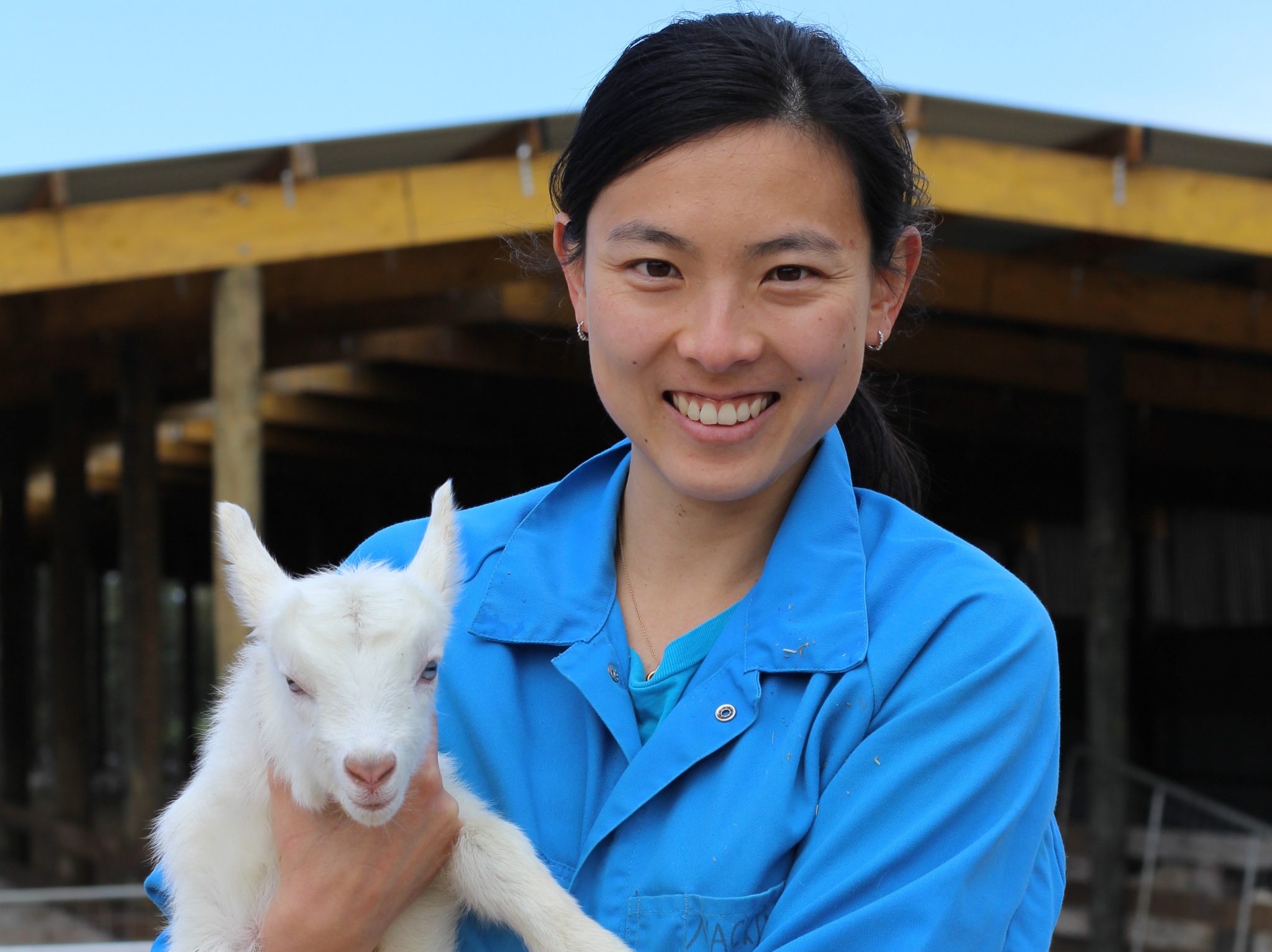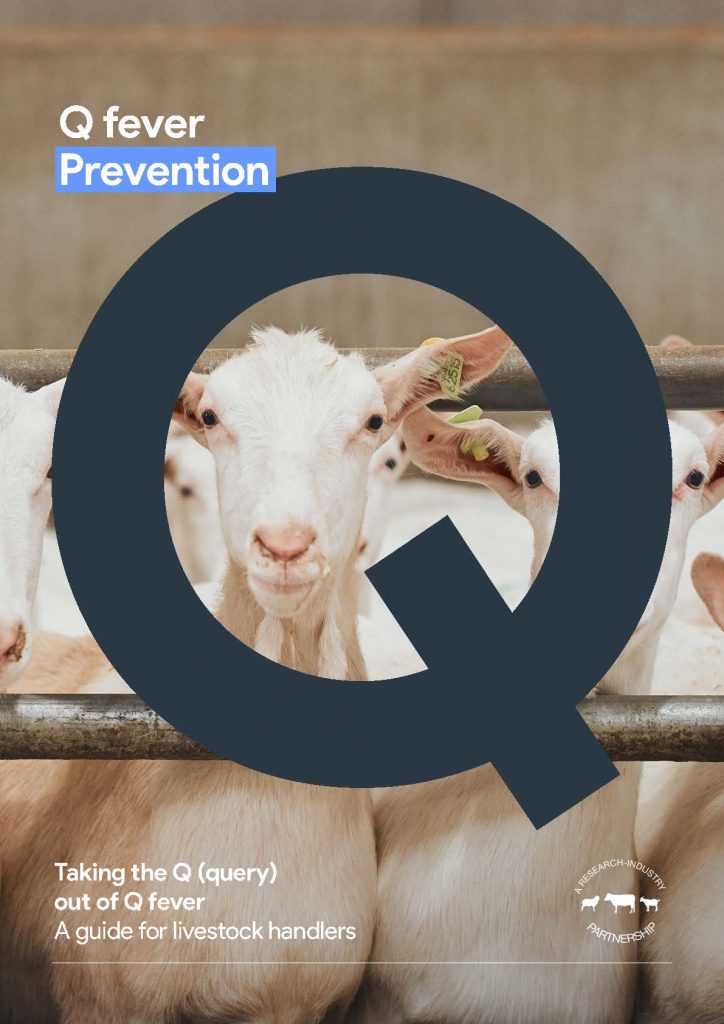Tabita Tan, Charles Sturt University PhD candidate, is focusing her research as part of the Australian Government Department of Agriculture, Water and the Environment funded Rural R&D for Profit program on understanding the epidemiology of Q fever in Australia and barriers to disease detection. Tabita’s research through the Graham Centre for Agricultural Innovation aims to improve this understanding so that control and prevention of Q fever occurrence in the community can be most effective.
Why is this research project important?
Q fever puts a substantial strain on the livestock industry because it commonly affects farmers, veterinarians, livestock transporters, shearers and wool classers. Chronic symptoms of Q fever can persist for many years and diminish a person’s ability to work and quality of life. This disease costs the Australian livestock industry millions of dollars in lost work time and workers compensation claims.
Q fever is a major public health problem. It can cause large outbreaks; like one that occurred in the Netherlands that affected more than 4,000 people. To control this outbreak 60,000 dairy goats were culled and the cost incurred to human health and agriculture was estimated to be over 300 million euros. Mitigating the damage that Q fever causes to human health and livestock enterprises requires a prepared outbreak response with the implementation of effective prevention and control strategies that will reduce the incidence of disease.
The purpose of this project is to improve our knowledge of the factors driving the occurrence of Q fever cases and outbreaks, and to measure the ability for early disease detection, ideally before it spreads from animals to humans. In doing so, we will be supporting the development of strategies that protect human health and the productivity of livestock industries.
Why did you get involved in the project?
During my career as a veterinarian, I became interested in epidemiology which is the study of how and why disease occurs in different groups of people and animals. I did a masters in epidemiology which eventually led me into the arms of the Q fever project team. Taking the Query out of Q fever is a multidisciplinary research-industry group that aims to improve understanding of Q fever reservoirs, amplification and transmission pathways and help direct biosecurity resources more efficiently in Australia.
How will this research benefit the livestock industry? Are there any learnings beyond this industry?
The aim of this project is to provide knowledge that will be used in the planning and evaluation of public health strategies to prevent and control illness in humans. The development of such public health policies will help reduce the burden of an extremely debilitating disease in rural communities and limit the likelihood of a large and prolonged Q fever outbreak in Australia. Because epidemics can have large economic impacts through direct loss of agricultural production, the cost of the intervention and the loss of access to markets, having a mitigation strategy is important for maintaining Australia’s position as an exporter of premium agricultural produce.
Q fever is not the only public health issue that has a human, animal and environmental interface. With the spread of COVID-19, the global imperative to control and manage zoonotic diseases is greater than ever. The development of research frameworks is necessary to address knowledge gaps and manage public health risks in a society that is interconnected with animal species.
What’s the best piece of professional/career advice you’ve ever been given?
Oddly enough, the best piece of advice I’ve had is ‘you are not going to change the world’. This has provided me relief from the pressure of thinking that I must only create groundbreaking, magnificent research and anything less than that is not worthwhile.
Delusions of grandeur can be pervasive in our modern world but understanding what is realistically achievable has given me freedom to explore what I am truly passionate about, not just what will have the ‘biggest’ impact. I may not change the world, but in my own way I can still help.











